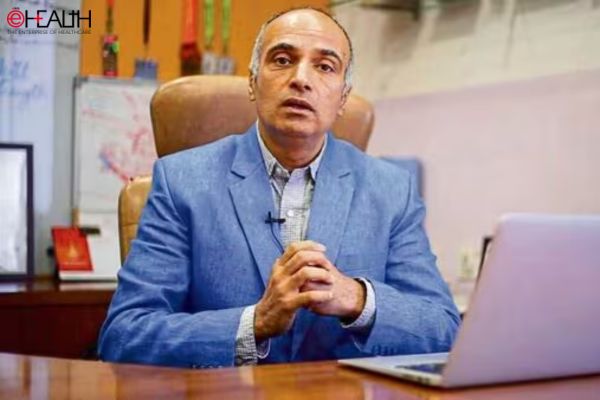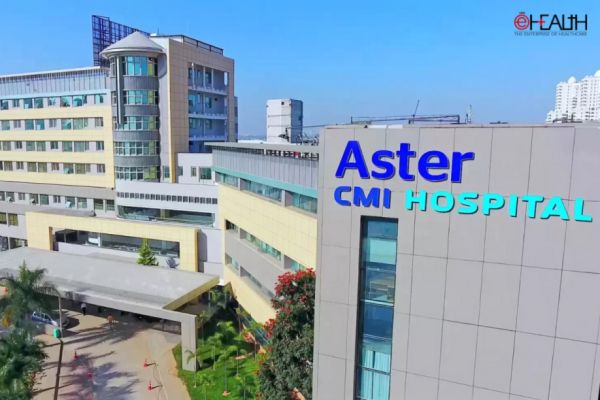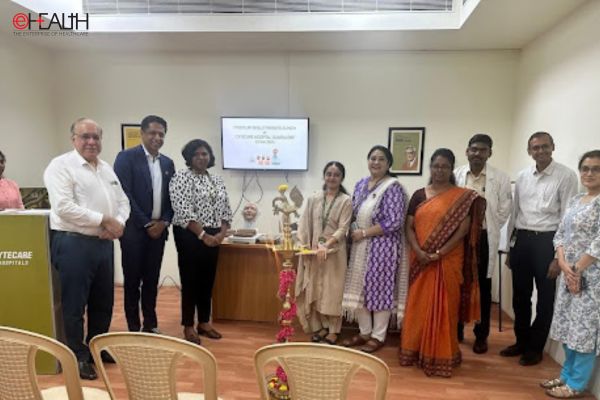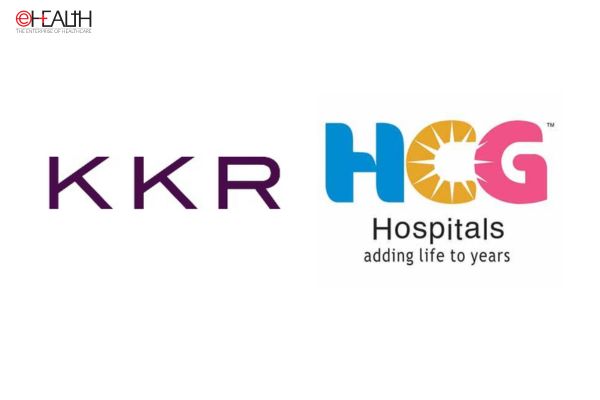
Tamil Nadu is currently grappling with a significant rise in dengue cases, with the state recording 205 new infections on Sunday, bringing the total number of cases this year to 11,743. Health Minister Ma Subramanian confirmed that the state has also reported four fatalities due to the viral infection in 2024.
August has been particularly challenging, with nearly 5,000 cases reported, contributing to more than 500 active cases currently being monitored. From January 1 to July 24, Tamil Nadu recorded 6,565 dengue cases, with an additional 5,278 cases emerging in the weeks since then. The alarming increase in cases prompted a review meeting, chaired by the Health Minister, to assess and enhance the state’s strategies for disease prevention and management during the monsoon season. The meeting was attended by officials from more than eleven departments, including municipal administration, Greater Chennai Corporation, and Chennai Metrowater.


Data from the public health department revealed that ten districts account for 58% of the total cases, with Chennai, Coimbatore, and Krishnagiri being the most affected. Chennai alone reported nearly 14% of the cases, followed by Coimbatore with 11% and Krishnagiri with 8%. Health Secretary Supriya Sahu attributed the surge partly to intensified surveillance efforts, noting that both government and private hospitals are now required to upload dengue case data onto the Integrated Health Information portals. The state collaborates with over 4,000 hospitals to maintain a comprehensive registry of dengue cases.

In response to the rising numbers, Tamil Nadu has implemented robust measures to prevent and diagnose not only dengue but also other seasonal diseases such as acute gastroenteritis, cholera, jaundice, leptospirosis, and scrub typhus. Hospitals are mandated to upload information about suspected dengue cases, followed by confirmatory tests. Private laboratories are required to report cases to district or city health officers, who verify the data before it is uploaded to the portal to avoid duplication.

The public health department has also emphasized the importance of accurate testing, preferring the NS1 or Elisa tests due to their higher sensitivity in detecting the dengue virus early. According to Dr. T S Selva Vinayagam, Director of Public Health, these tests are crucial for early diagnosis, and if cases are referred to government hospitals, the tests can be conducted at government labs as well.
Additionally, local bodies are conducting larval indices to monitor the population of Aedes mosquitoes, which are the primary carriers of the dengue virus. This surveillance involves testing mosquito pools for the presence of the virus, with 514 positive pools identified in 2023 and 349 so far in 2024. These findings guide health officials in implementing micro-containment measures, particularly in areas with high case clusters, to ensure early diagnosis and treatment.
Health Minister Subramanian stressed the importance of early medical intervention, noting that while most people recover without specific treatment, timely access to healthcare can prevent complications and reduce the risk of fatalities. “Unfortunately, the majority of deaths occurred in patients who either delayed seeking treatment or had severe comorbidities,” he added.
As Tamil Nadu continues to battle this dengue surge, the government remains committed to strengthening its public health response to protect the state’s residents.
Be a part of Elets Collaborative Initiatives. Join Us for Upcoming Events and explore business opportunities. Like us on Facebook , connect with us on LinkedIn and follow us on Twitter , Instagram.
"Exciting news! Elets technomedia is now on WhatsApp Channels Subscribe today by clicking the link and stay updated with the latest insights!" Click here!















